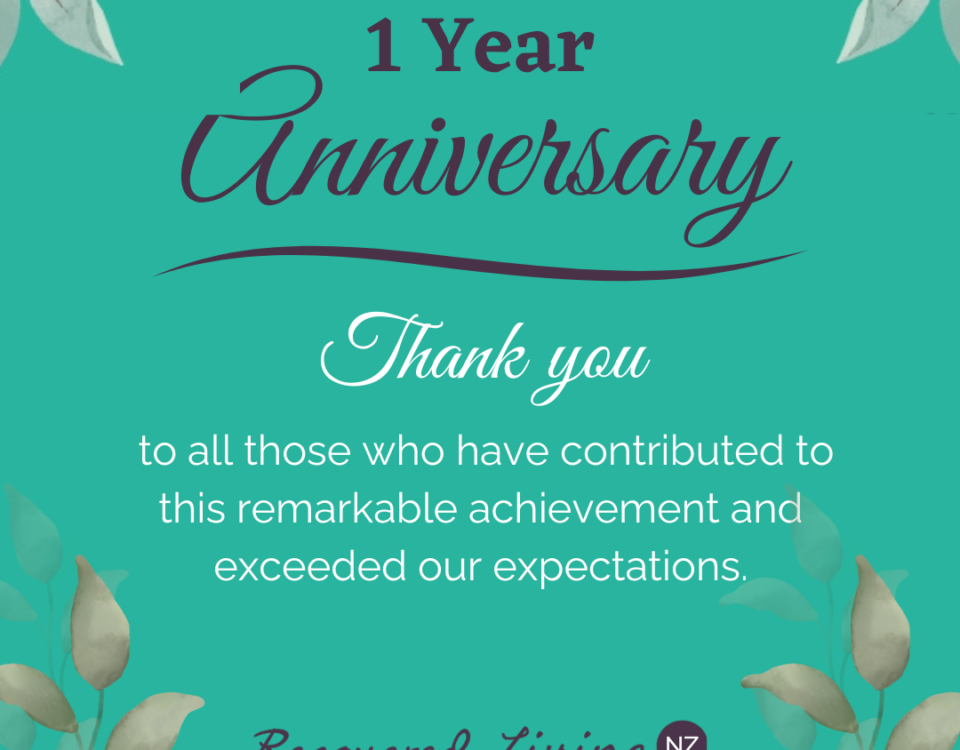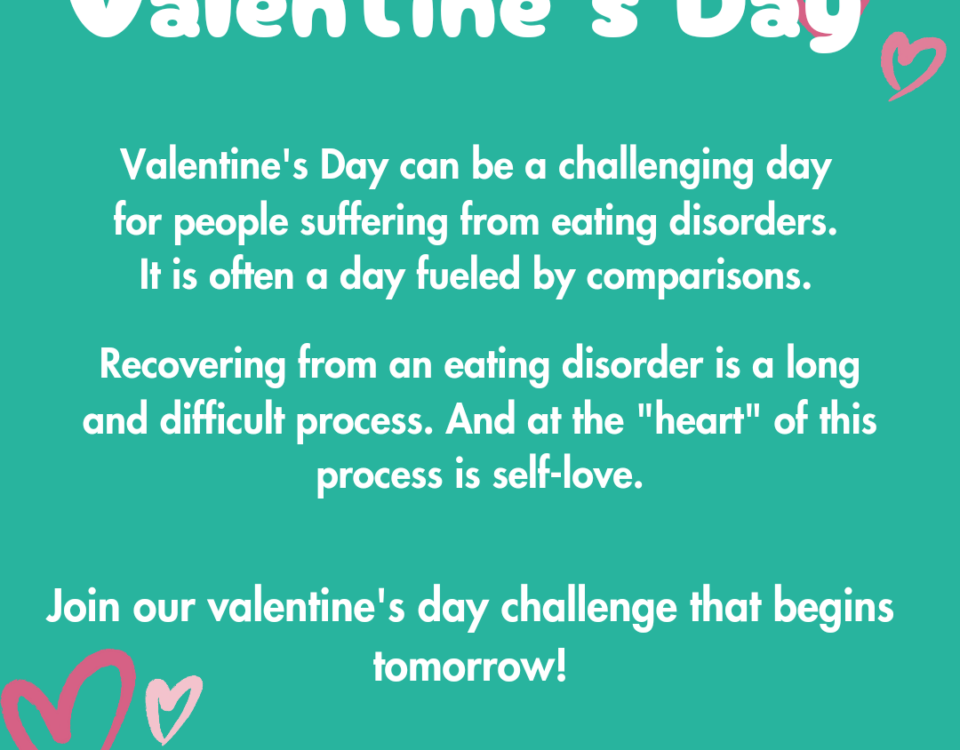The Recovery Paradox
Finding true healing in a culture where disordered eating and poor body image have become the norm
When it comes to food and body, the messages you hear from some of the most esteemed voices in our government, media, medical, and education systems, are controlled, fat-phobic, health-centric, and dogmatic – strikingly similar to how disordered eating is

Wanting to be thin is about survival, not vanity.
Studies show that you are likely to prefer losing a year of your life, or even lose a limb or your sight, to being fat. We see what happens to people in larger bodies in our society – the ways in which they are being marginalized and associated with traits of inaptitude, laziness, poor health, and irresponsibility. Our natural reaction is doing all we can to avoid discrimination and to gain social capital.This is why having a sane relationship with food and body is so hard for so many people. It is also why recovery from eating disorders/disordered eating is particularly confusing.
When it comes to food and body, the messages you hear from some of the most esteemed voices in our government, media, medical, and education systems, are controlled, fat-phobic, health-centric, and dogmatic – strikingly similar to how disordered eating is.


If you realize this paradox, you might struggle with the same thought I had for a long time: “If recovery merely means adopting yet another mindset of dieting, obsession, and ongoing weight management, then I don’t need it. If there is no real freedom out there, but only different ways of control, I’d rather stick to my own thing.”
Imagine a world where there are numerous celebrities who live in larger bodies, and where cellulite is considered the sexiest of attributes. Imagine a world where doctors congratulate you on maintaining a heavier weight; a world where fat, too, is associated with wealth, health, intelligence, discipline, high moral values, strength, and desirability. Imagine that fat bodies are at least 50% of what you see in the media, and shown within a positive, glamorous context.
Would that change your relationship with food and your body? My bet is that it would make your problem evaporate that very day.
How, then, can we as individuals heal our relationship to food and body despite the collective conditioning we live in?
Only when we allow ourselves to look at the diverse range of bodies that exists, and to embrace the largest and most marginalized of them as legitimate, can we begin to truly let go of your eating disorder or disordered eating.
Taking the leap into full recovery and peace with food, inevitably means being part of a revolution. Paradoxically, the only way to regain a normal relationship with food and body, is to go against what we consider normal today.
Chew on that for a bit. Stay tuned for Part II...
Galia Barkol
Actor, filmmaker and size-diversity activist

Want to book a session with the Recovered Living team? Check out how we can help and get started on recovery today.
Fully recovering from your eating disorder is 100% percent possible!
Fully recovering from your eating disorder is 100% percent possible!

Kristie Amadio, Jenny Helms and Caryn Raba






